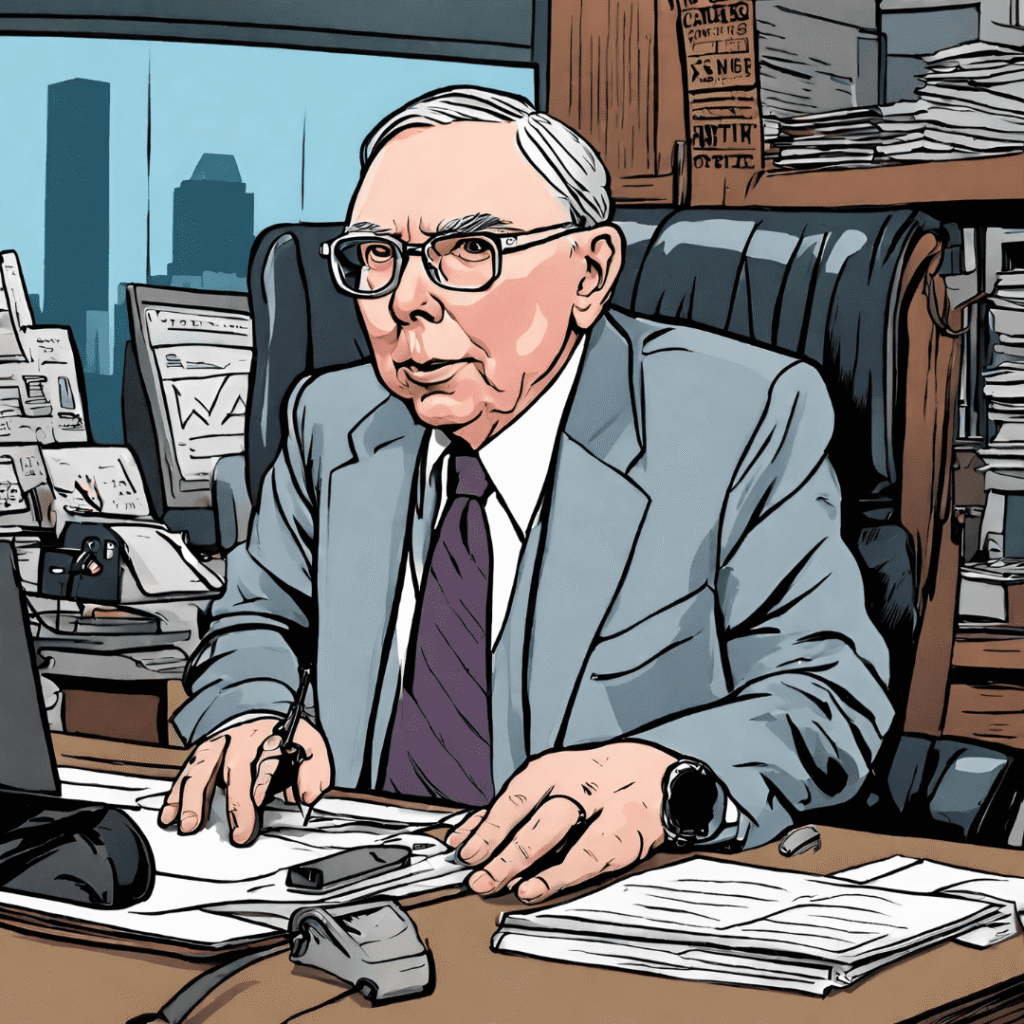As AI and robotics continue to evolve at an astonishing pace, society faces an unprecedented question:
What will happen to human jobs when machines can do it all?
This blog explores whether a Universal Basic Income (UBI) could be a solution and considers the impact on the economy, human health, and happiness.
Human Value in the Labour Market
Humans have always had inherent value in the labour market because they apply their hands and minds to enable businesses to operate productively. This is known as human capital, a blend of skills, creativity, emotional intelligence, and adaptability that machines can’t fully replicate—yet.
But what happens when AI and robotics can do it all, from physical labour to complex decision-making? Will human capital still hold value?
The chances are that this shift will happen in stages.
“In three words – deep learning worked” – Sam Altman
At first, humans will use AI tools to augment their work, becoming far more productive. Those who effectively leverage AI will likely rise in the labour market, gaining a competitive edge over others who do not.
However, as AI continues to improve, we may eventually reach a tipping point where even the most skilled human workers can’t compete with machines. At that stage, human capital could lose its value, and the owners of AI and robotics will hold an insurmountable advantage.
The Three Phases of AI Evolution
AI as a Tool (Now)
Today, AI is mostly a tool we use to perform specific tasks more efficiently—automating data entry, generating creative content, or even assisting with scientific research. We prompt it, and it responds. However, while AI has sped up many processes, it still occasionally requires human oversight for accuracy.
Impact on jobs: This stage allows humans to become more productive, creating a period where jobs may remain stable. Those who use AI effectively will gain an edge, but others could already start to see displacement.
AI as an Agent (Soon)
The next phase of AI development will see these systems become more agentic—able to chain complex requests and break them down into subtasks autonomously. Think of a super-intelligent personal assistant, like Iron Man’s Jarvis. AI will act less like a passive tool and more like a proactive problem solver at this stage.
To be honest, you could consider this to be the point at which we would have achieved a level of AGI (artificial general intelligence), and potentially you could consider some of these assistants as super-intelligences as they would be able to compete with the top humans in every field but never get tired.
Impact on jobs: As AIs begin to handle more complex tasks, significant job displacement will likely occur. Entry-level positions and internships could become rare, as companies can rely on AI to perform these roles. This will be a hyper-productive time, with significant breakthroughs in science, education and technology, but many human workers will find themselves squeezed out of the labour market. At the tail-end of this change, you could even see the top human talent completely displaced. You might like to check out our Education Lounge Podcast:
AI as Teams (The Future)
In the future, AI systems will work together in collaborative teams to tackle even more complex tasks, functioning more like entire organisations than individual employees. This will give rise to companies started and run by a single individual working alongside a full AI team.
Impact on jobs: By this stage, white-collar jobs will become increasingly rare. AI will likely outperform humans in any intellectual or creative field. Robotics will begin to merge with AI, allowing them to replace blue-collar jobs as well. The transition could be slow, especially in regulated industries, but once AI gains physical capabilities, few jobs will be safe from automation.
The Singularity?
A well-known theory of AI is that of the technological singularity. This is a point at which AI will be able to replicate itself and create more and more capable versions of itself.
I’ve always been fascinated by the technological singularity and I consider this to be the ultimate black-box for mankind as there is no way we can understand the power of AI once it starts down this path.
The Case for Universal Basic Income
Given this potential trajectory, a Universal Basic Income (UBI) is often proposed as a solution to mitigate the economic displacement caused by AI. UBI would provide a regular, unconditional payment to every citizen, ensuring a basic standard of living regardless of employment status.
UBI could address financial instability caused by mass unemployment, allowing people to pursue education, start businesses, or engage in creative endeavours without the constant pressure of earning a wage. In a world where machines handle most of the work, UBI could offer a way for humans to still lead fulfilling lives.
The Wider Impact on Society
- Health and Well-being: With financial security, people might experience lower stress levels, reduced poverty, and improved mental health. However, there is also concern that without work, some may struggle with a loss of purpose and structure in their lives.
- Economic Growth: UBI could stimulate economic activity as more people would have disposable income to spend. However, financing such a system is a challenge, and it remains unclear whether it would truly address the complexities of job displacement.
- Happiness and Fulfilment: For many, work provides a sense of identity and satisfaction. While UBI could ease financial burdens, there would need to be a cultural shift towards finding fulfilment outside traditional employment.
Any UBI would involve a huge organisational shift in how we understand money, resources, income and the way the economy works. To build a society that functions, doesn’t fall into disorder and where people do not fall into desperate poverty, requires a great deal of consideration from those who hold power and influence.
Some people may argue that UBI is inflationary, but I think the main problem is whether we are willing to redefine our understanding of economic theory in the face of a new paradigm. If everything changes, the system has to be developed to help people build fulfilling lives in the AI age.
Conclusion
As AI continues to advance, the idea of instating a Universal Basic Income becomes an increasingly important conversation.
While it may provide a safety net in a world where machines take over the majority of jobs, it also raises questions about how society defines purpose, productivity, and well-being.
Will UBI be enough to address these profound societal shifts, or will humanity need to redefine what it means to contribute and succeed in a world dominated by AI?


